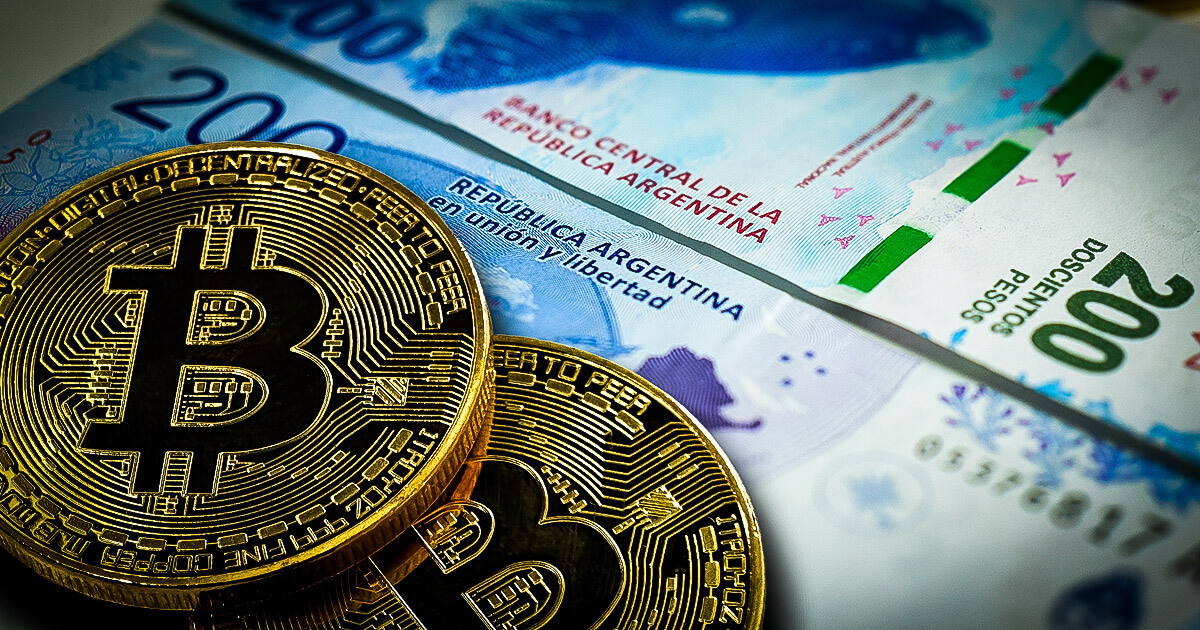
Stablecoins like USDT have change into a key monetary instrument in Latin America that helps residents navigate persistent financial volatility, in accordance with Chainalysis’ international adoption report.
The area, which accounts for 9.1% of worldwide crypto worth acquired, skilled substantial development this 12 months, pushed largely by rising institutional curiosity and client adoption of digital property.
From July 2023 to June 2024, Latin America acquired practically $415 billion in crypto, inserting it barely forward of Jap Asia in international crypto exercise regardless of decrease adoption numbers.
Argentina led the area with $91.1 billion in crypto worth acquired, intently adopted by Brazil’s $90.3 billion. Brazil has seen renewed institutional exercise, with a 48.4% enhance in high-value transactions between the fourth quarter of 2023 and the primary quarter of 2024.
USD-pegged stablecoins, particularly, have performed a central function in providing a hedge towards inflation in nations like Argentina and Brazil, the place native currencies have sharply depreciated.
Monetary stability
Stablecoins have change into a lifeline for residents in nations grappling with financial instability. In Argentina, inflation soared to 143% in 2023, main many to hunt options to guard their financial savings from the devaluation of the Argentine peso (ARS).
The report famous that using stablecoins surged, notably within the wake of newly-elected President Javier Milei’s “shock remedy” financial measures, which devalued the ARS by 50%.
Information from Bitso, a number one regional trade, exhibits that stablecoin buying and selling volumes skyrocketed after key financial occasions. For example, when the ARS dropped under $0.002 in December 2023, stablecoin buying and selling volumes exceeded $10 million the next month.
Argentina’s reliance on stablecoins is additional mirrored in its 61.8% share of the area’s stablecoin transaction quantity, outpacing Brazil’s 59.8% and the worldwide common of 44.7%.
Institutional exercise
In the meantime, Brazil has seen a major resurgence in institutional crypto exercise after a brief decline in early 2023.
In accordance with the Chainalysis report, the nation witnessed a 29.2% enhance in institutional-sized transactions — these over $1 million — between the final two quarters of 2023, with a further 48.4% leap between the fourth quarter of 2023 and the primary quarter of 2024.
Specialists attribute this restoration to the approval of Bitcoin and Ethereum ETFs by the SEC in January, which spurred curiosity in digital property amongst institutional traders.
The report additionally highlights the involvement of main monetary establishments, together with the entry of worldwide gamers like Circle, which launched its USDC stablecoin in Brazil in Might.
This elevated curiosity is additional supported by Brazil’s forward-thinking regulatory atmosphere, with initiatives just like the Drex pilot program — a hybrid central financial institution digital foreign money (CBDC) platform — drawing international consideration.
As Latin America’s crypto markets proceed to evolve, stablecoins are poised to play an important function in offering monetary stability, notably in nations dealing with inflation and foreign money devaluation.

